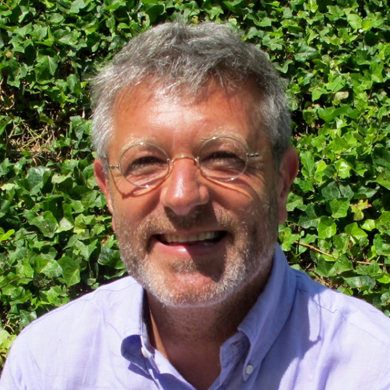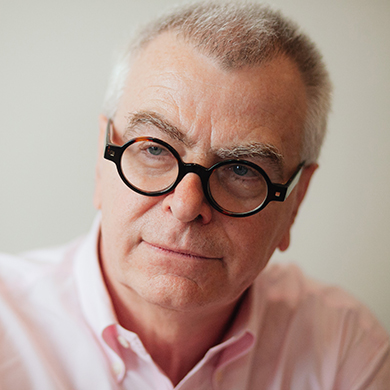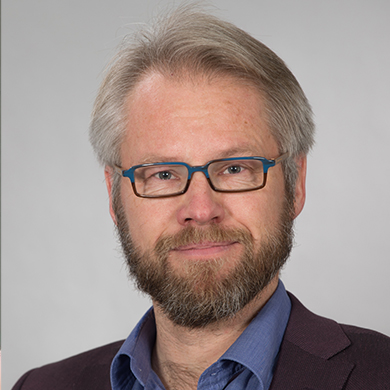The Language of Neurons15th & 16th September 2023, Barcelona

Gustavo DecoSpeaker
Research Professor at the Institució Catalana de Recerca i Estudis Avançats and Professor at the Pompeu Fabra University, Spain.
Previously, between 2001 and 2021, he also served as the Director of the Centre for Brain and Cognition (UPF). In 1987 he received his PhD in Physics with his thesis on Relativistic Atomic Collisions. In 1987, he was a postdoc at the University of Bordeaux (France). From 1988 to 1990, he obtained a postdoc fellowship with the Alexander von Humboldt Foundation at the University of Giessen (Germany). Since 1990, he has been at the helm of the Computational Neuroscience Group at Siemens Corporate Research Centre in Munich (Germany). In 1997, he earned his Habilitation (Dr. Habil., the highest academic degree in Germany) in Computer Science at the Technical University of Munich with his dissertation on Neural Learning. In 2001, he earned a PhD in Psychology at the Ludwig Maximilians University in Munich. In 2012, he received an ERC Advanced Grant and more recently, in 2022, he received an ERC Synergy Grant.
Abstract
The Thermodynamics of Mind
The brain must efficiently orchestrate distributed computation across the whole brain in order not only to survive but also to thrive. This implies a hierarchical brain orchestration of state-dependent, self-organised brain activity over time facilitating the necessary near optimal information transfer and processing at the lowest metabolic cost. Here we describe a theory of brain function providing a natural, parsimonious way to explain the underlying computational mechanisms for hierarchical brain orchestration. This theory was inspired by thermodynamics which has been a highly successful framework for characterising hierarchical transformations of physical systems including those found in systems biology. ‘Thermodynamics of Mind’ theory carefully combines model-free precise space–time hierarchy measures with causal generative whole-brain modelling to provide solid causal inference for the underlying brain mechanisms. Overall, implementations of the ideas of this novel theory have already provided insights into the principles underlying changes in orchestration and hierarchical brain organisation. This holds great promise for revealing the breakdown of hierarchy in neuropsychiatric disease and novel ways to rebalance.
Friday15September
12:45 - 13:30
Neural representation
The thermodynamics of mind
Saturday16September
9:30 - 11:00
The Language of Neurons
Short presentations by the guest speakers





